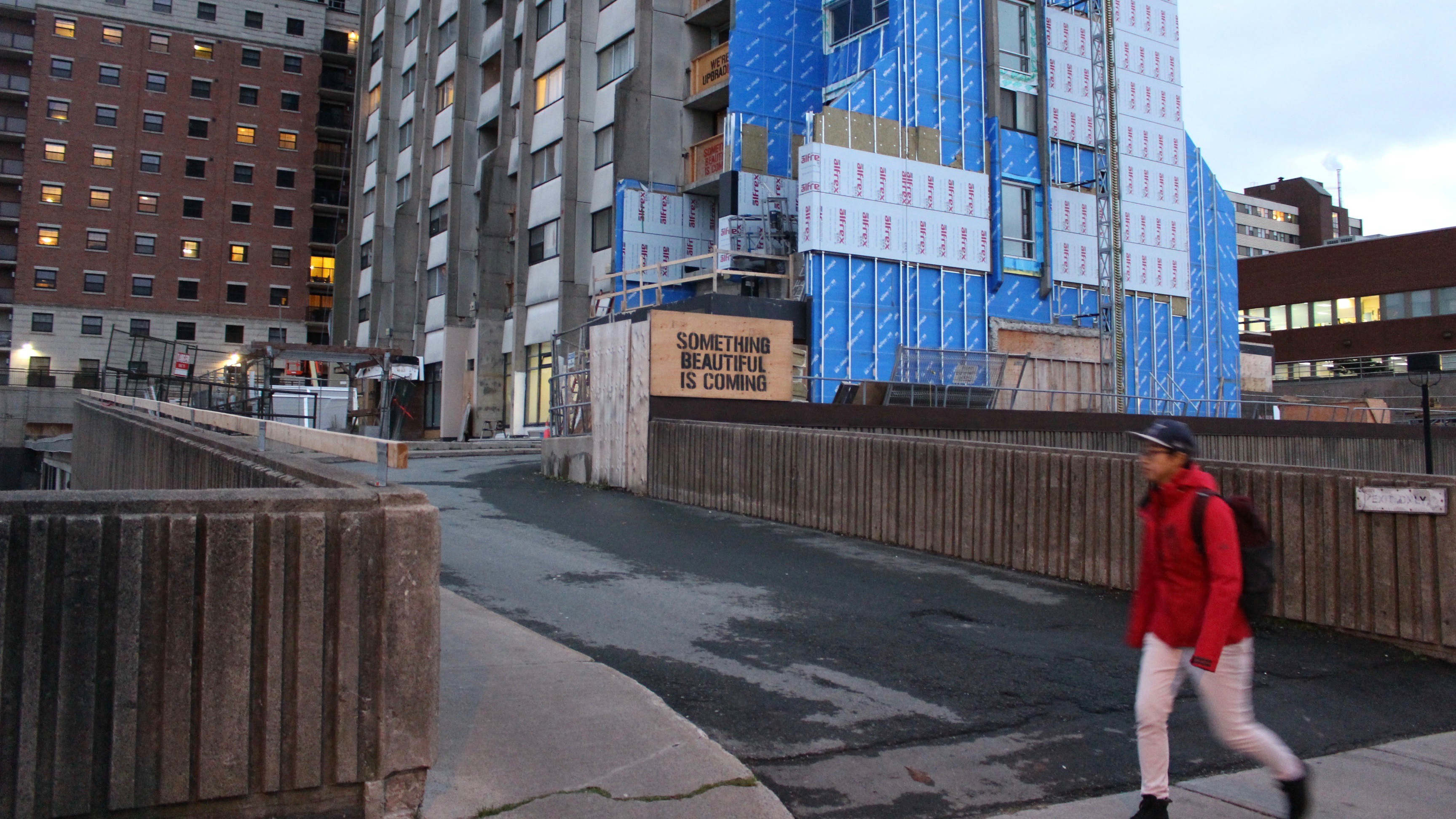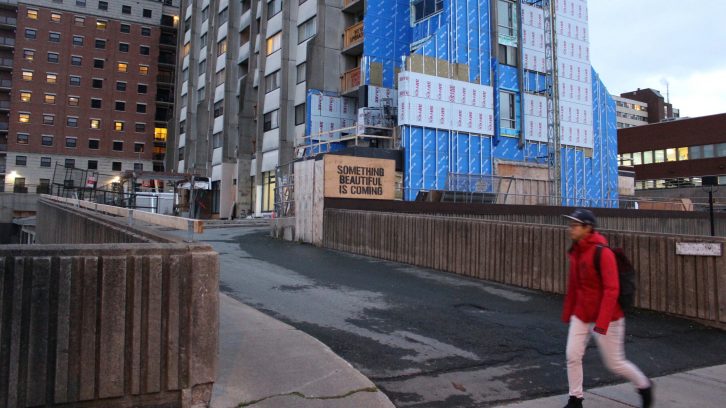tenancy rights
Tips for international student tenants in Halifax
More international students are coming to the city, which means more people looking to rent

caption
A lot of international students live off campus in Halifax
caption
A lot of international students live off campus in HalifaxFinding a place to live can be challenging, especially when you are a student with a limited budget and no local connections.
If you are an international student, first of all, know that you are not alone. According to the Association of Atlantic Universities, as of this October there are 7,760 full-time students on visas at Nova Scotia universities. Over 6,000 of them go to universities in Halifax and many of them live off campus.
Reading a lease can be exhausting, especially in a second language. If you find the contract hard to understand, ask the landlord if you can take the lease with you and get someone to help you understand it.
In Nova Scotia, it’s illegal for a landlord to charge an application fee or a security deposit before you enter into a lease. The damage deposit can be no more than half a month’s rent. At the end of the tenancy, if there are no problems and all payments have been made to the landlord as required, the landlord must return your security deposit within 10 days.
For more information, look at the Residential Tenancies Guides.
If the renting process still seems confusing or intimidating, there is help. Check out the resources below to understand your rights as a tenant and how to get the help you need.
School societies
Many Halifax universities have societies for students from different countries. Reach out to them. If they can’t provide direct help, they may know where you can start.
You could also try student associations that are not specifically for international students. If you are a student at Saint Mary’s University, for example, you can contact the Saint Mary’s University Student Association for a one-on-one session with its vice-president. They have a partnership with Yomes Halifax and Place for Students to help students find a safe space to live.
University websites, apps
Go to your school website and search “living off campus.” On the Dalhousie University living off campus page, there is information about what is in a lease and how to find a roommate.
You could also download your school app, if there is one. The SMUSApp, for example, has message boards where you can ask housing questions and get quick responses from the student union team.
Access Nova Scotia
The Residential Tenancies page on the government of Nova Scotia website provides tenants and landlords with means for settling disputes and is part of the Access Nova Scotia service. You will find, among other things, the newest tenancy policies and a tenancy guide which includes some general do’s and don’ts. If you want more personalized help, it is suggested that you go to one of their offices. Check out this map to find the nearest office around you.
Dalhousie Legal Aid
If you feel your rights were denied, there are other services that can help. Some students may worry about how legal proceedings would affect their visa or simply don’t have the time and money to file a case, but they shouldn’t.
Contrary to popular belief, a small case might not take as long you might expect. In Nova Scotia, there’s a separate court called small claims court that only deals with cases under $25,000 (not including interest and legal costs).
And if you are short on money, you could contact a legal aid clinic, like Dalhousie Legal Aid which often deals with tenancy issues.

